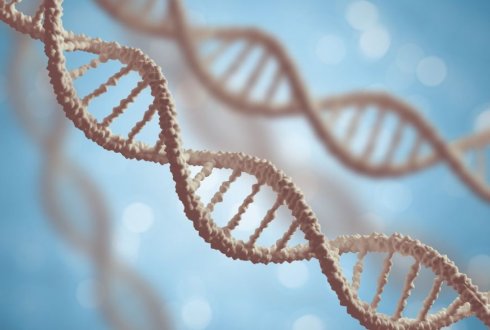



Height in humans is genetically similar to height in cattle
There is a strong evidence for similarity in the biology of height across humans and cattle, as 39% of the genes associated with height in cattle were also found to be associated with height in humans.This is the result of research conducted by Wageningen University & Research (WUR).
It is currently estimated that humans and cattle separated over 90 million years ago. Given such a long time of separation, it is interesting to know the extent to which genetic architecture and biology for complex traits is still shared between the species.
As part of the Breed4food TOPBREED project, researchers investigated the similarity in the genetic architecture of height between humans and cattle. They also investigated the usefulness of summary-level result from the largest human height genome-wide association study (GWAS) to date as prior information for identifying genes and variants that affect height in cattle.
The results also suggest that human height GWAS results can be useful in identifying cattle height genes and associated variants, but only when cattle height GWAS result is either not available or poor.
The study presents an approach by which publicly available GWAS data on human complex traits, where experimental sample sizes are very large, can be utilized to aid the identification of genes affecting equivalent traits in other mammalian species.
These results should interest researchers in the fields of human complex trait genetics, evolutionary and comparative genomics, and animal breeding. For example, candidate genes for human complex traits can be validated by investigating if the same genes also affect the same trait in a different species.
In animal breeding, human GWAS results can be used to prioritize candidate genes for economic traits, especially in populations with limited sample sizes or for traits that are difficult or expensive to measure. The appropriate modelling of variants nearby the prioritized genes can improve the accuracy of genomic prediction.



